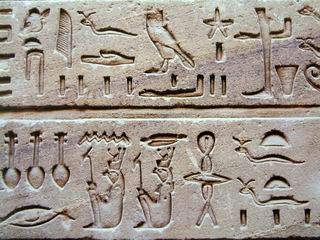
I have the antibodies for an autoimmune disorder called Hashimoto’s Disease, which is the precursor to hypothyroidism. It’s not so bad when kept under control, but occasionally my thyroid gets sluggish, poor guy, and the great world spins. It fucking spins. This morning, amidst wrinkled-sheets depression, difficultly swallowing, extreme cold, racing heartbeat, and some vertigo, I finished reading the 2009 National Book Award Winner, Let the Great World Spin by Colum McCann.

I think maybe I’ve been reading this book since 2009, with my own world spinning much more viscerally around me, with seemingly more interesting books finding their way into my view. I wasn’t happy about this book for a while, and I couldn’t make myself finish it. The shifting voices wrenched me out of “the zone.” (Even though I loved, for instance, Olsen’s Calendar of Regrets, the characters of which had much more tenuous connections.) Many of said voices, particularly McCann’s take on a black hooker, seemed inauthentic and weird.
The book centers around one real-life event, Philippe Petit’s 1974 tightrope walk between the Twin Towers, but it’s about much more: the interconnectedness of the fictional people surrounding the event. So I sat down this morning, feeling all thyroid-y and spinny and fatty, and I finished the book. Maybe it’s because my world’s spinning at the moment, but I finished that last page and I cried. I thought back to all the beautiful parts of the book, and I realized that I could probably forgive some of its missteps simply for the way it weaves the changed and changing lives of strangers together–from a hippie Irish monk to bald circuit court judge to a group of mothers who’ve lost their sons in Vietnam to a mother-daughter prostitute team–for the beauty of chance, how chance dangles like a tightrope walker above us, in Ferlinghetti’s words, “constantly risking absurdity and death.” I don’t know. The jury’s still out, I guess, until I get my thyroid levels back in order. Days like these, I can’t handle it, reader, that you and I could be connected by the invisible wire of something we both experienced separately many years ago, or something we both missed altogether, the absence of which has shaped us.






